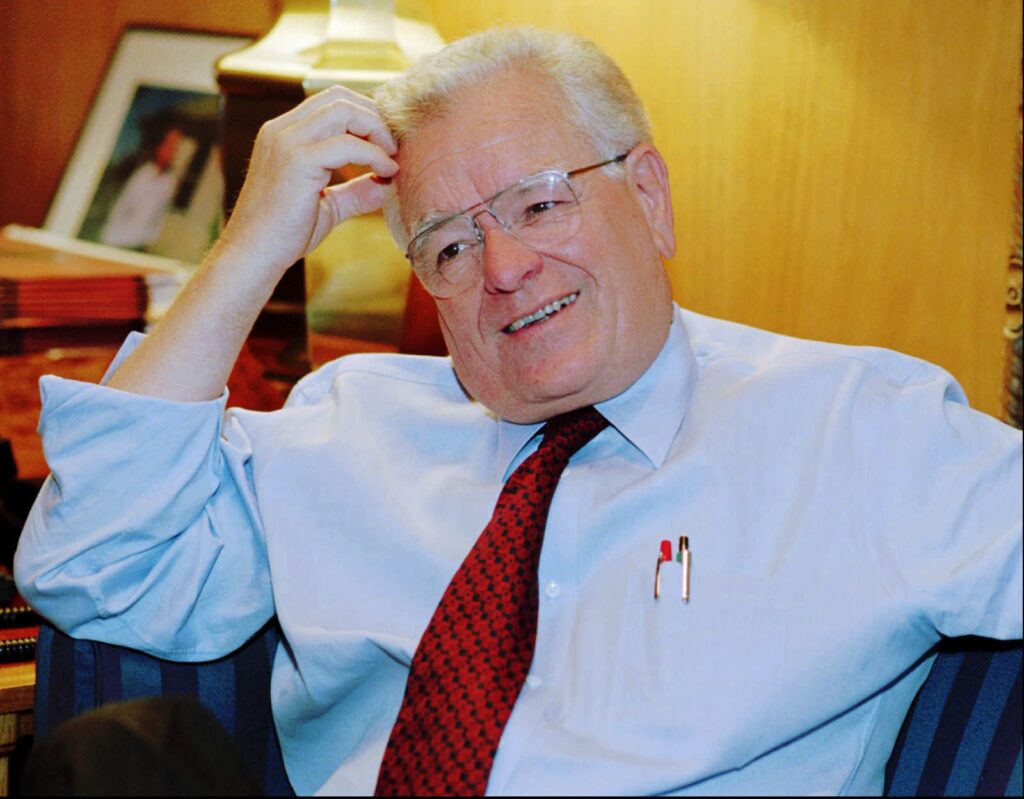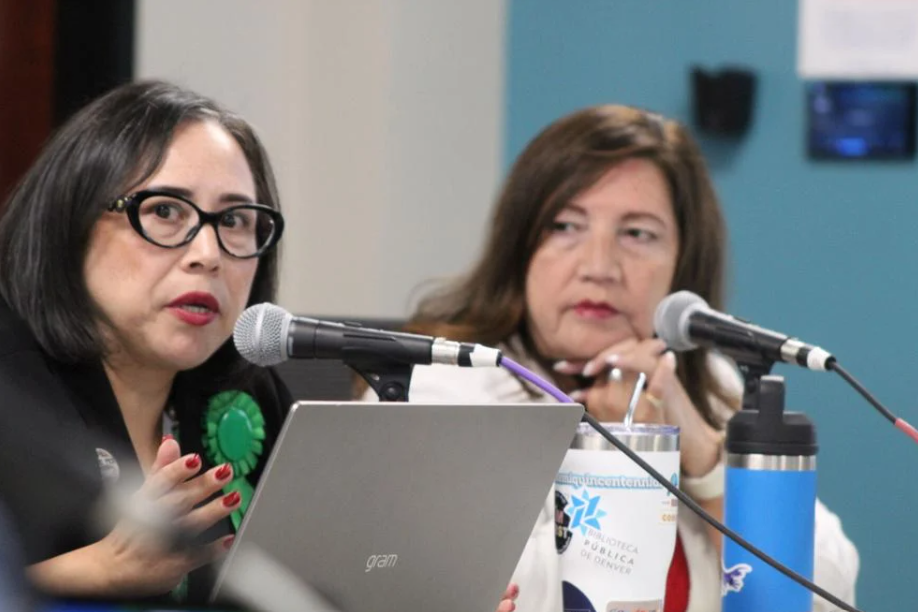Strange bedfellows battery bill puts Xcel on notice
The state Senate business committee last week voted to kill Sen. Steve Fenberg’s home energy storage bill, but not until after a series of witnesses that included rate-payers, energy-industry entrepreneurs, government engineers, lawyers, environmentalists and a libertarian free-market think tank firebrand testified in support of the bill and fielded questions over the course of hours from genuinely interested committee members.
Fenberg’s Senate Bill 89 died, but it got the attention of Xcel Energy, Colorado’s main electric power utility, and a lot of energy industry watchers inside and outside of the Capitol, including the state’s Public Utility Commission regulators.
On that score, there was a feeling, even as the hearing wrapped, that the freshman senator had lost and won against a corporate behemoth that rarely fails to get its way at the Legislature.
The bill came as a response to complaints from home battery consumers, manufacturers and installers that Xcel was seeking to discourage rate-payer power storage with set-up requirements and fees that witnesses said seemed unnecessary and that nearly doubled the cost of a home system.
For years, home power storage was taken up only by relatively small numbers of rural residents and vanguard solar power users, and battery technology was stuck in the 1970s. But in the era of the mass-produced electric car and juggernaut pathbreaking battery companies such as Tesla, that’s all changing fast.
Power storage is the latest area of development in an electricity market undergoing a revolution. It’s no surprise that major utilities like Xcel are trying to influence how the energy storage sector develops.
Fenberg’s bill asked PUC regulators to “investigate and consider” exactly how and to whose benefit Xcel is influencing the sector in Colorado.
As came out in testimony, the company has bought and installed storage systems from local businesses in order to research them.
“We’ve been looking at storage for quite some time,” said Alice Jackson, vice president for rates and regulatory affairs. Jackson added that she personally led a team that set up storage systems at Xcel facilities in order to “examine what the impact on our systems were going to be, what we needed to look at and how we needed to start down the path to identify how they could be incorporated into our system safely and how we could allow our customers to adopt it in ways they wanted to adopt it.”
Xcel has headed an industry working group on the issue of energy storage and is in the process of developing guidelines. But witnesses at the hearing said the working group essentially stalemated on the vital issue of home storage, or storage of less than 25 kilowatts. In any case, they said, industry-developed rules would be no substitute for the kind of rules that would be hammered out with public interest as a top priority by the state’s utility regulators.
There was certainly some evidence presented at the hearing that Xcel is not at this point encouraging home storage. Aurora resident Matt Smola has worked for two years to install nearly $20,000 in solar-power back-up batteries at his home but, he said, Xcel has thrown up shifting “roadblocks” at every turn.
“Xcel is a monopoly,” he said. “It has a stranglehold on me and the rest of the people within their service area of Colorado.”
Amy Oliver Cooke, director of the Energy Policy Center at the libertarian Independence Institute, was animated in her defense of the bill. She is a full-throated supporter of fossil fuels as over-regulated vital sources of energy and she joked about finding herself testifying on the same side of an issue with a member of the Sierra Club.
“Electricity freedom, furthering the ability of an individual rate-payer to control their own electricity should be bi-partisan. The people opposed to this bill are investor owned utilities. Why? Because now they’re seeing competition from their own customers. It doesn’t suit their business model to have consumers store energy and use it later, according to their own needs.”
The energy model of the future is here, she argued.
“Distributed energy, energy storage – it’s here. The train has left the station. Home storage is better for all ratepayers. During peak use times, you’ll see individuals pull off the grid, which will relieve stress on the grid. The more people buy batteries, the more the prices will come down, and we’ll hit a critical mass that frees us from the need to build more expensive (power plants) for the future. This is a pro-freedom bill,” she said.
The Republican majority on the committee voted against the bill mostly because they thought Fenberg was ahead of the curve, that the hurdles being erected to home energy storage described at the hearing were probably still not affecting that many consumers, and that those hurdles could well begin falling as the industry and regulators move further into the era of home power storage.
Fenberg’s bill shined a light on the topic.
“If the PUC commissioners look simply at tonight’s committee vote, they could take it as a message that this wasn’t important,” he said. “But if they listen to the rationale behind the votes, they’ll see that there are a lot of people interested this topic and interested to see what we’re going to about it in Colorado.”










